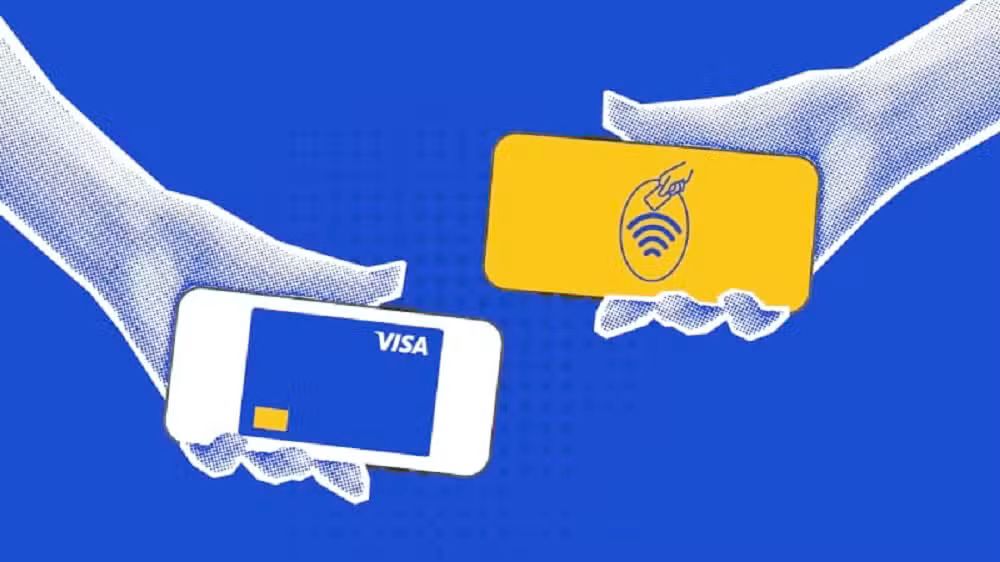Visa (NYSE: V), a global leader in digital payments, has released its latest “Value of Acceptance” study, highlighting a significant shift among small and medium enterprises (SMEs) in Pakistan toward embracing digital payments. The findings reveal that SMEs increasingly view digital transactions not just as a convenience, but as a critical driver of business growth.
Read More: Bank Alfalah Launches Eatsy: Pakistan’s First End-to-End Digital Dining Payment App
Visa’s study surveyed SME merchants across Pakistan to better understand the perceived impact of digital payment acceptance, identify challenges, and assess openness to adopting digital solutions among businesses that still rely primarily on cash.
Leila Serhan, Senior Vice President and Group Country Manager for the North Africa, Levant, and Pakistan (NALP) region at Visa, stated: “Visa’s Value of Acceptance Study highlights that digital payment acceptance is undergoing a decisive shift from a ‘nice-to-have’ feature to a ‘must-have’ tool for business expansion and growth. Pakistan’s SMEs are embracing this change, with over 70% of card-accepting businesses reporting positive impact on revenue and footfall. Visa is proud to play a role in reshaping Pakistan’s economic landscape by providing world-class payment infrastructure, championing digital security, and driving acceptance through innovative products and solutions in the country.”
According to the study, 78% of SME respondents consider digital payments a key investment in their business strategy. The benefits reported include increased customer convenience (43%), higher sales (32%), and improved operational efficiency (26%). Businesses accepting digital payments have seen a positive effect, with 75% noting revenue growth and 87% reporting increased footfall.
However, barriers remain. Merchants cited a lack of clarity around transaction fees (39%) and insufficient awareness of the value, security, and convenience of digital payments. Additionally, 40% of merchants described the Point of Sale (POS) onboarding process as either neutral or difficult, although 37% still plan to adopt POS systems. The study concludes that greater financial literacy, education, and government support can significantly ease the transition to digital payment acceptance.
Security concerns are also a critical factor. With more businesses moving to digital platforms, 58% of respondents expressed a need for security tips and secure business-to-business payment solutions. While only 20% of merchants reported fraud concerns with card payments, a much higher 46% were concerned about risks associated with handling cash, including robbery and embezzlement.
Visa continues to support Pakistan’s efforts to build a robust digital payments ecosystem. This includes deploying interoperable QR codes, promoting digital wallets, and expanding access to debit and credit card usage.
The State Bank of Pakistan’s latest data reflects this momentum. In its March 2025 Payment Systems Review, the central bank noted 1,450 million mobile banking, e-money wallet, and branchless banking transactions valued at PKR 24 trillion—an increase of 12% in volume and 28% in value compared to the previous quarter.
Visa commissioned 4SiGHT Research & Analytics to conduct the study, which involved interviews with 250 small retailers in Lahore, Karachi, and Islamabad. Of these, 60% accepted digital and cash payments, while 40% operated with




